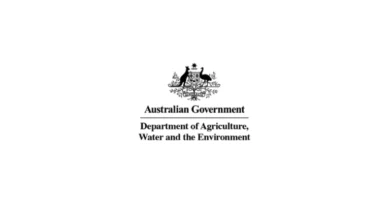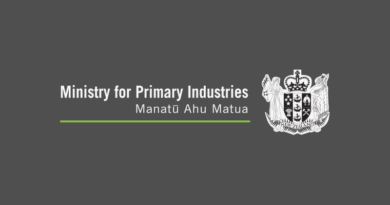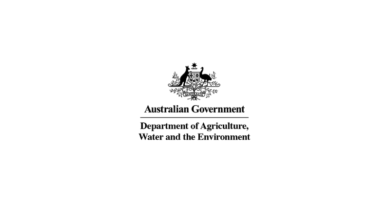Glyphosate: no critical areas of concern; data gaps identified
06 July 2023, EU: The assessment of the impact of glyphosate on the health of humans, animals and the environment did not identify critical areas of concern. Some data gaps are reported in EFSA’s conclusions – as issues that could not be finalised or outstanding issues – for the European Commission and Member States to consider in the next stage of the renewal of approval process. These are the main findings of EFSA’s peer review of the risk assessment of glyphosate, carried out by authorities in four Member States (acting jointly as “Rapporteur Member States”).
EFSA did not identify any critical areas of concern in its peer review of the risk assessment of the active substance glyphosate in relation to the risk it poses to humans and animals or the environment. A concern is defined as critical when it affects all proposed uses of the active substance under evaluation (e.g. pre-sowing uses, post-harvest uses etc.), thus preventing its approval or renewal.
In 2022, the European Chemicals Agency (ECHA) carried out a hazard assessment of glyphosate and concluded that it did not meet the scientific criteria to be classified as a carcinogenic, mutagenic or reprotoxic substance. EFSA used ECHA’s hazard classification for the purposes of the EU risk assessment on glyphosate.
Where data gaps are identified these are reported in EFSA’s conclusions as either issues that could not be finalised or outstanding issues.
Issues that could not be finalised include the assessment of one of the impurities in glyphosate, the consumer dietary risk assessment, and the assessment of risks to aquatic plants.
Outstanding issues include, among others, a lack of information about the toxicity of one of the components present in the glyphosate-based pesticide formulation submitted for evaluation, which is needed to conclude the risk assessment of the formulation for representative uses. For this formulation there were no indications of acute toxicity and genotoxicity.
On Biodiversity, experts recognised that the risks associated with the representative uses of glyphosate are complex and depend on multiple factors. They also noted a lack of harmonized methodologies and agreed specific protection goals. Overall, the available information does not allow firm conclusions to be drawn on this aspect of the risk assessment and risk managers can consider mitigation measures.
With respect to ecotoxicology, the data package allowed a conservative risk assessment approach, which identified a high long-term risk to mammals in 12 out of 23 proposed uses of glyphosate.
Transparency of the process
“The risk assessment and peer review of glyphosate represents the work of dozens of scientists from EFSA and the Member States in a process that has spanned over three years. It is based on an evaluation of many thousands of studies and scientific articles, and also incorporates valuable input gathered during the public consultation” said the Head of EFSA’s Risk Assessment Production Department, Guilhem de Seze.
Background
Glyphosate is a chemical substance used in a number of herbicide products and its use in Europe is subject to strict regulation. Glyphosate is currently approved for use in the EU until 15 December 2023. The risk assessment by Member States and the subsequent peer review by EFSA was carried out as part of the legal process to renew the approval of its use in Europe.
Next steps and publication
EFSA’s conclusions on the peer review of the risk assessment for glyphosate have been shared today with the European Commission and Member States to inform the decision they will take about whether to keep glyphosate on the EU list of approved pesticide active substances.
Before publication, EFSA is legally required to ensure all content complies with rules on personal data protection and confidentiality.
As with all peer-reviews of pesticide active substances, and according to EU legislation for pesticides, EFSA provides materials intended for publication to the applicant which is entitled to request confidentiality for elements relating to personal data or commercially sensitive information. Applicants are not able to request changes to the conclusions or the assessment itself nor submit additional information.
As soon as this process is complete, EFSA will publish its conclusions and all background documents related to the peer review and risk assessment in full on its website. The conclusions are expected to be published by the end of July 2023 and the background documents, which run to several thousands of pages, are expected to be published between the end of August and the middle of October 2023.
Also Read: Syngenta India to train and certify 1000 spray men
(For Latest Agriculture News & Updates, follow Krishak Jagat on Google News)















